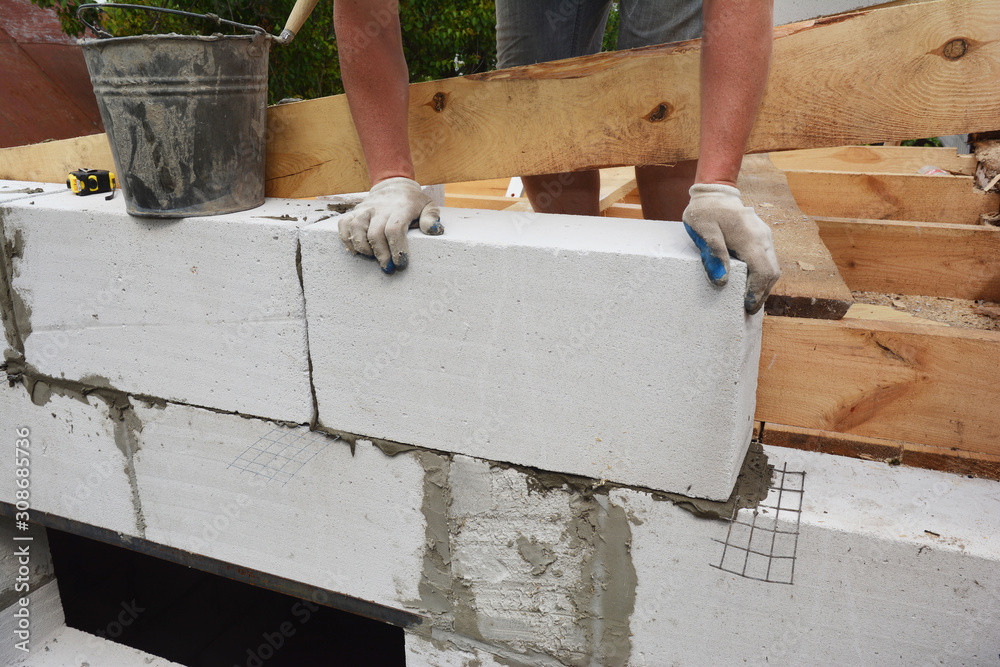We all enjoy staying inside amid the chilly weather that the rainy season brings. Knowing that the rains will continue for the foreseeable future, we must take extra care to guard against leaks, fungus, and other potential flaws in our homes. This rainy season, pay attention to any minor damage you may see to your home. Furthermore, in these difficult times when the prospect of a viral pandemic is something we are all concerned about, keeping proper hygiene is crucial.
Here are some ways to keep your home rainproof this rainy season so that you can stay healthy and at ease:
1. Cracks in the walls and fungi
Wall cracks are typically the first indication of damage in a home. Rains have the potential to damage both interior and external walls. Water may leak through and create fractures on the walls if they are not covered with waterproof paint. Additionally, this could cause fungus to grow and leave your home smelling musty. Therefore, keep a watch out for these wall cracks and consult your architect for assistance if necessary. When planning to have your house or apartment painted, always strive to select weatherproof paints. Cleaning solutions such as bleach or a disinfectant liquid can be used to get rid of mould or fungus growth.
2. Examine the drainage and pipes
Constant rainfalls might clog your home’s water outlets and drain pipes. Call a plumber right away to get any leaks you detect in the pipes addressed before they get worse. Additionally, mosquitoes and other insects can breed because of the waterlogging around your home. To ensure that rainfall drains smoothly, make an effort to wipe out any drainage holes of remains.

3. Assure adequate ventilation
Being indoors during the rainy season may be incredibly depressing because there is less natural light and more dampness. Make sure your rooms have adequate airflow to increase freshness and prevent odours. Keep the windows open once it stops raining to allow fresh air inside. A dehumidifier can help in decreasing the wetness and musty smell caused by the formation of mould and mildew.
4. Issues with electrical wiring
Any issues with electrical wiring or switchboards must be fixed right away during the monsoon. People living in the residence could be in danger if these problems are not resolved because doing so could result in short circuits and unexpected shocks. To ensure the highest level of safety for you and your family, it is recommended to get your electrician to evaluate the whole electrical system in your home. He can assist you with replacing any loose wires, broken switches, or other electrical components.

5. Safeguard your wooden furniture and floor
Indians take great care of their wooden furniture, which is frequently handed down from one generation to the next. No matter if they are vintage items you inherited from your ancestors or a brand-new set of hardwood furniture, you should take extra precautions to safeguard them during the rainy season. Avoid leaving any wooden furniture outside in the rain since the moisture will ruin the wood and make it worthless. The wood and leather furniture can be destroyed by the humidity and moisture in the air. To get rid of moulds and fungus forming on the surfaces of your furniture, wipe it down with a dry cloth. If your home has wooden floors, have them polished or coated to make them waterproof.
6. Secure the windows and doors.
You may have noticed that your home’s wooden doors and windows bulge during the rainy season. This is brought on by the atmosphere’s elevated moisture content. The swelling could make it difficult for you to shut the doors. To fix this problem, try using sandpaper to scrape off the swollen area of the door or ask a carpenter for assistance. When there is too much water falling on something, it can harm even metal doors and window frames. Using weatherproof paint to paint your doors and windows can help stop rusting and further damage.
7. Keep carpets and area rugs out of the way
During the rainy season, people often enter their homes with water dripping from their clothing and shoes, which eventually results in a wet environment. The rugs on the floor become dusty and unclean as a result of this water being absorbed. So keep those floor rugs and carpets rolled up to avoid musty odours and microbial growth inside your home. Before putting the carpets and rugs away, make sure to give them a good airing.
8. Use AAC Blocks in Construction
Even though the monsoon is the most anticipated season of the year, if the house’s structure is not evaluated beforehand, it can cause a lot of trouble. If you experience the same issue year after year, we suggest using NXTBloc’s water-resistant AAC blocks so you can relax and enjoy the rain.
AAC blocks are constructed of lime, sand, cement, and water and are lightweight. Because they are simpler to work with and lighter than bricks, your building will be lighter by using less steel and concrete. Additionally, they require little electricity to operate and are simple to move. The fact that water cannot pass through AAC blocks is one of its greatest advantages. The AAC block’s microscopic structure prevents capillary action, making it impermeable to water. Silicone-based additives are used to further improve the material’s water barrier qualities.

Conclusion
The rainy season is one that we all look forward to since it provides significant relief from the oppressive summer heat. However, if you don’t get your home ready for the rainy season, you can have to deal with a lot of unpleasant situations every day. By adopting the abovementioned precautions, get ready to enjoy this refreshing rainy season. We hope you would spread the word about these suggestions to your family and friends if you found them to be helpful.
Image credits: Adobe Stock
